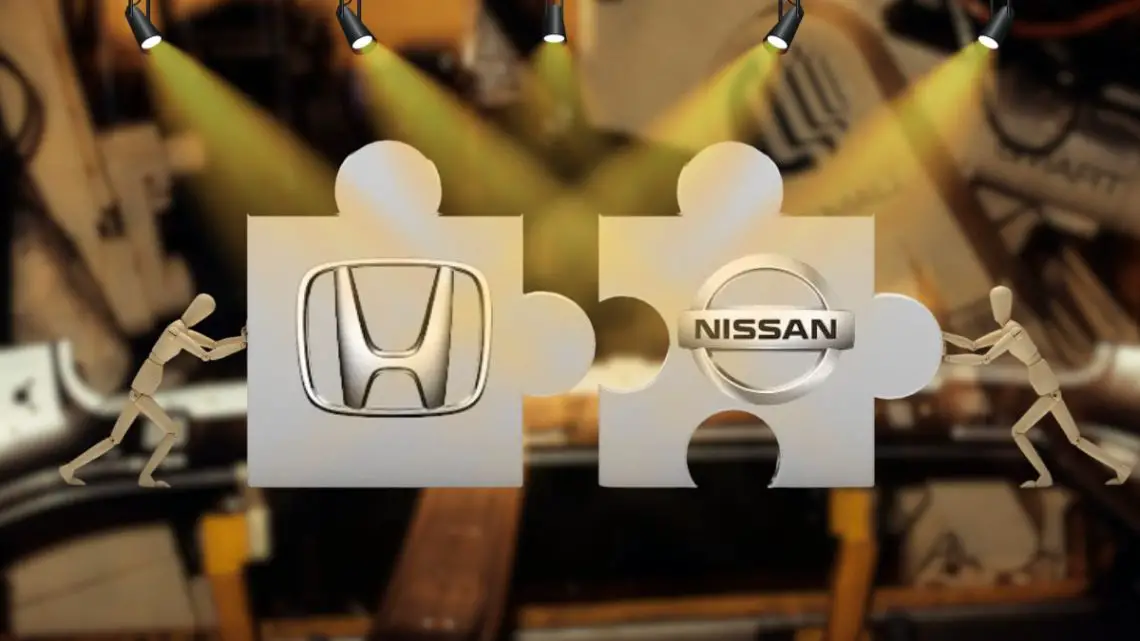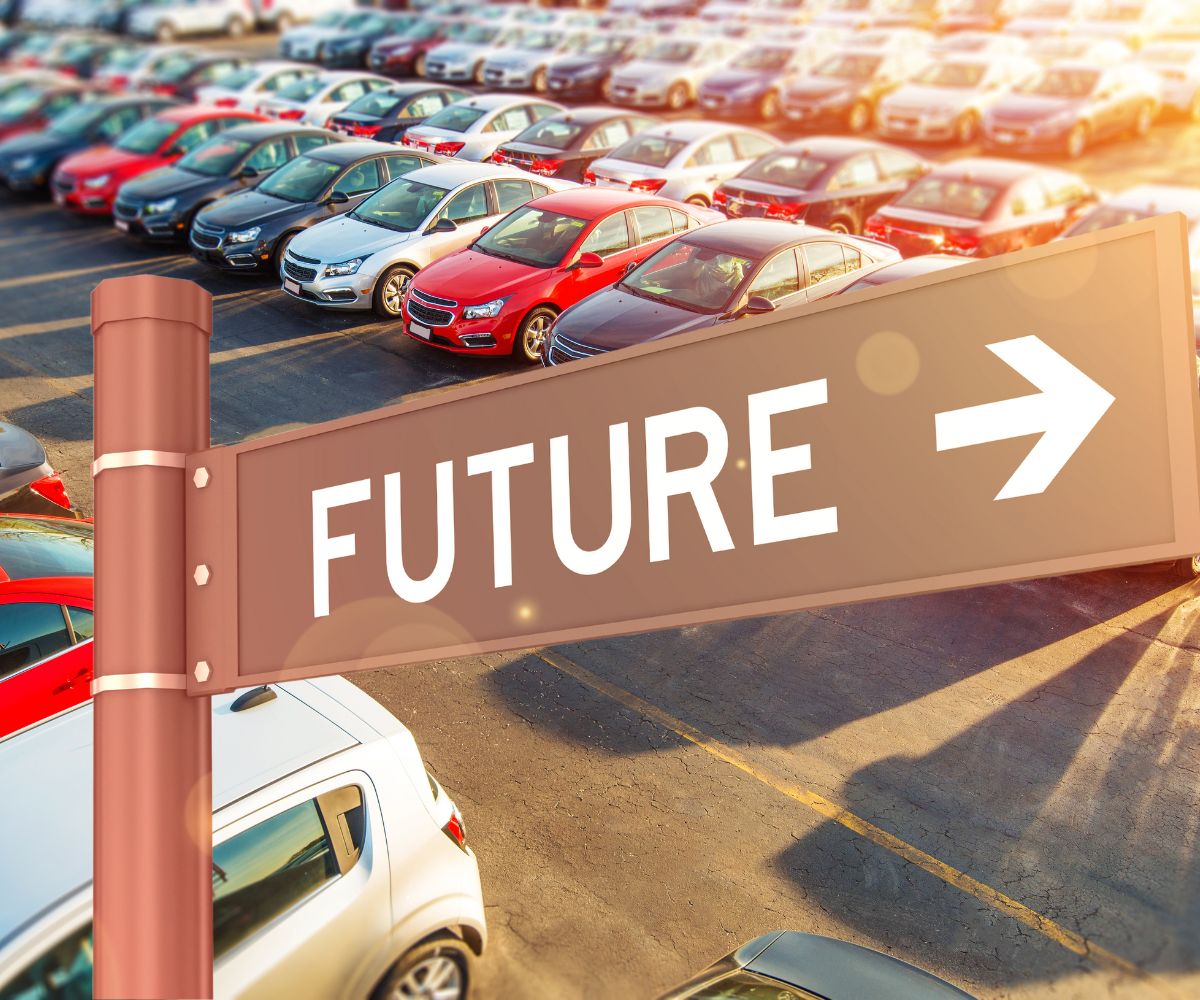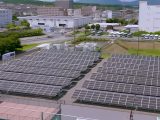
Nissan and Honda in Talks for Historic Merger
December 26, 2024Automotive Industry News – A Shift in the Automotive Landscape
Nissan and Honda Motor Co. have announced that they are engaging in discussions about a potential merger. If successful, the partnership would form the world’s third-largest carmaker, producing roughly 8 million vehicles annually. Toyota and Volkswagen Group would remain the only companies with larger production volumes. The merger highlights the pressures facing traditional automakers, from evolving technologies to overcapacity in key markets like China.
At a joint press conference, Honda CEO Toshihiro Mibe explained the rationale for the merger. “To lead the mobility transformation, we’ve come to think that we need something bolder than just cooperation in some specific fields,” he said. The companies aim to establish a new holding company by summer 2026, with Nissan and Honda maintaining their individual brand identities under the umbrella organization.
Addressing Challenges Together
For years, both Nissan and Honda have faced mounting challenges. The automotive industry has seen rapid advancements in electric vehicles (EVs), self-driving technologies, and connected systems. Additionally, competition from new players like Tesla continues to squeeze traditional automakers. Nissan, in particular, has struggled in recent years. The company reported a 90% drop in net profit during the first half of its fiscal year, driven by lackluster sales in the U.S. and China.
Experts suggest that this merger might represent a lifeline for Nissan—a step beyond its earlier collaborations with Honda. Since March, the two companies had been discussing pooling resources for developing emissions and self-driving technologies. While Nissan is expected to maintain its independence within the joint holding structure, the merger would allow greater synergies in cost-saving measures and shared research and development.
“This isn’t just about cutting costs,” noted automotive analyst Jusuke Ikegami. “It’s about pooling knowledge and facing the pressures of new technology together.”
Will We See a Nissan Hydrogen Car Soon? Honda Could Hold the Answer
While the electric vehicle market has been central to discussions, Honda has also been breaking ground in hydrogen fuel cell technology. One of Honda’s most notable achievements is the CR-V FCEV, a hydrogen-powered version of its popular CR-V SUV set to be launched in 2024. The vehicle reflects Honda’s commitment to exploring sustainable energy alternatives beyond battery-powered EVs.
If the merger goes through, it raises an intriguing possibility—could we see a Nissan hydrogen-powered vehicle in the near future? Honda’s expertise in hydrogen technology might pave the way for Nissan to diversify its alternative energy offerings. This collaboration could be a game-changer in markets where EV charging infrastructure is underdeveloped or uptake is slow. Hydrogen-powered cars, which refuel much faster than battery EVs, could complement existing electrification strategies for both automakers.
The Renault Factor
Nissan’s long-standing partnership with Renault is also in focus as merger discussions intensify. Renault owns 36% of Nissan, and this relationship has had its share of ups and downs. Recent reports indicate that Taiwan’s Hon Hai Precision Industry, popularly known as Foxconn, had expressed interest in acquiring Renault’s stake in Nissan. While that deal did not materialize, it underscores the shifting dynamics within the automotive sector.
Carlos Ghosn, the former Nissan CEO, weighed in on the potential Honda merger from Beirut, where he has been living since fleeing Japan in 2019. Ghosn expressed skepticism, referring to the two firms as having overlapping strengths and weaknesses. “For me, it doesn’t look very good,” he remarked. However, Ikegami argued that Nissan’s prior experience with cross-cultural collaborations, such as its work with Renault, might help smooth the integration with Honda.
Opportunities and Challenges Ahead
Despite the optimism surrounding the potential merger, logistical and cultural challenges loom large. Automotive mergers are complex, involving supply chain consolidation, merging research units, and integrating employees with differing work practices. Analysts have debated whether the companies’ overlapping market segments might lead to redundancies or fierce internal competition.
And yet, Honda and Nissan have taken the first steps by agreeing to co-develop operating systems for EVs—a sign that their partnership may overcome initial hurdles. According to reports, Mitsubishi Motors, which is partly owned by Nissan, is also considering joining the talks. If Mitsubishi comes on board, the scale of the resulting consortium could expand further.
Beyond the Merger—Applying Auto Technology Today
While the prospects for a joint Honda-Nissan future intrigue the industry, the real value lies in how their combined expertise can address today’s transportation challenges. For consumers, that could mean vehicles using state-of-the-art EV technologies or hydrogen solutions, both of which can reduce emissions today. It could transform how vehicles interact with urban infrastructure, as self-driving technologies and connected systems continue to evolve.
For industries like public transport and logistics, advancements in hydrogen-powered and electric commercial vehicles could offer scalable solutions to reduce reliance on fossil fuels. Technologies developed under this collaboration might even see wider applications in non-automotive sectors, like stationary power generation using hydrogen fuel cells.
Still, the success of such ambitious plans hinges on immediate results—vehicles that are not only sustainable but practical and affordable for users. The growing emphasis on clean energy shows promise, but it also demands quick rollouts to establish relevance in today’s competitive market. Even as Honda and Nissan iron out details for a long-term partnership, the innovations they explore now might already begin shaping transportation in profound ways.



 With over 15 years of reporting hydrogen news, we are your premier source for the latest updates and insights in hydrogen and renewable energy.
With over 15 years of reporting hydrogen news, we are your premier source for the latest updates and insights in hydrogen and renewable energy.